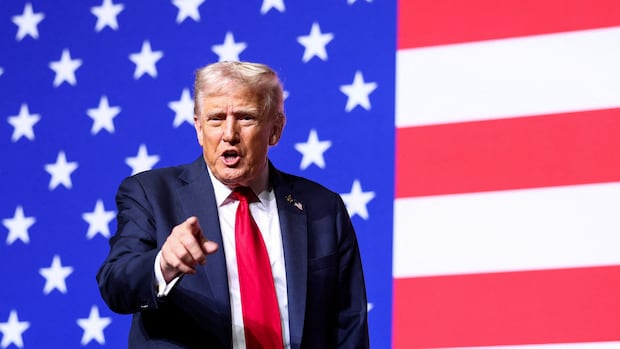U.S. President Donald Trump has threatened to invoke the Insurrection Act, which has not been utilized by a U.S. president in more than three decades.
Trump has signalled an eagerness to send the military to several U.S. cities, mostly led by elected officials from the Democratic Party, to quell what he and others in his administration have characterized as out-of-control crime.
So far, legal battles are playing out between the Trump administration and officials in Illinois, California and Oregon, who have not solicited or welcomed the federal intervention. But the president could try to take a more authoritative approach to doing so.
"If I had to enact it, I'd do that," he said on Monday. "If people were being killed and courts were holding us up or governors or mayors were holding us up, sure, I'd do that. I mean, I want to make sure that people aren't killed. We have to make sure that our cities are safe."
Here's a look at the history and the controversies surrounding declaring an insurrection.
What is the Insurrection Act?
The Insurrection Act gives the U.S. president the power to deploy the military or federalize National Guard troops inside to stop uprisings and rebellions.
While, the law is commonly referred
Continue Reading on CBC News
This preview shows approximately 15% of the article. Read the full story on the publisher's website to support quality journalism.
